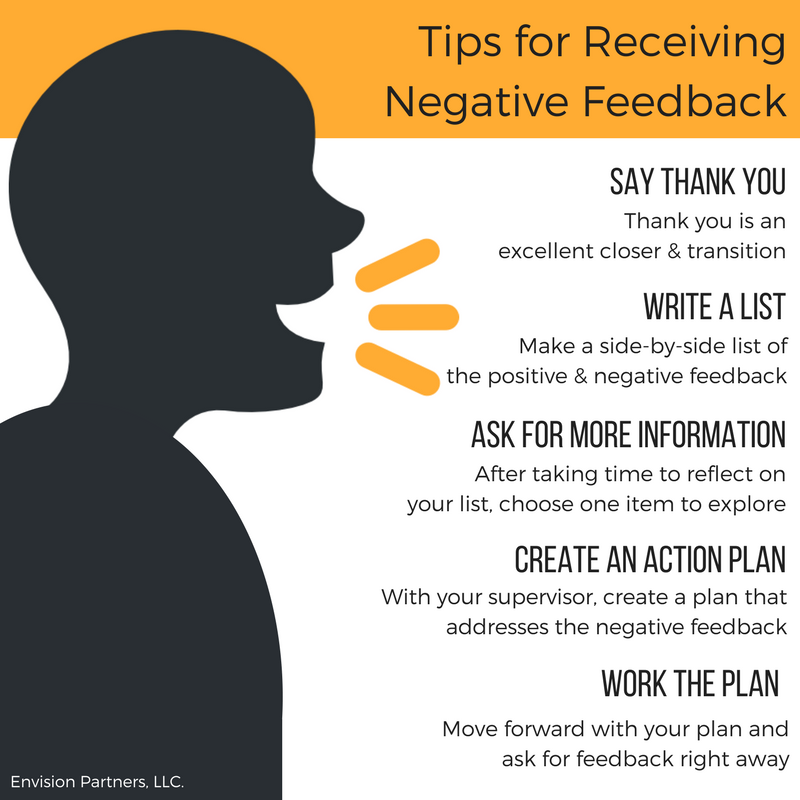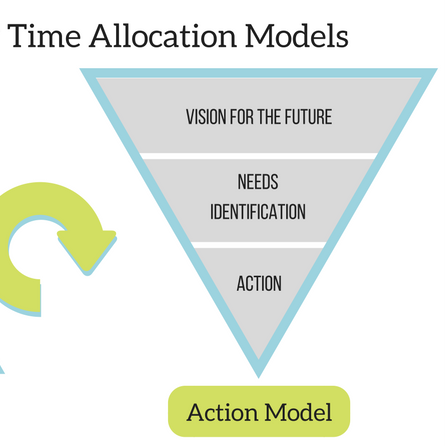Time for a Little E&E
Words are funny. I am not motivated by advice to help me be more productive, but I am motivated by advice to help me be more efficient or more effective. I know these words have enough overlap they are often used interchangeably. However, in my world view, productivity is about putting out more; efficient is using less input per unit of output and effective is how well the work supports the desired outcomes.
To increase work output I can increase productivity by simply working more hours. For most of us, our measure of success is not about volume of work output. And we are fortunate enough to be in a place where we have discretionary time with which we can choose to do activities that are not work-related. I know how to work harder and longer, stay focused, head down. That’s easy. Today, I am interested in efficiency and effectiveness. I want to optimize, not always maximize productivity. I want to be efficient in order to maintain balance and I want to be effective by focusing on those things that support my personal and profession vision.
These thoughts come to me following an online “productivity” summit hosted by Ron Friedman, author of “The Best Place to Work”. The following list is built on the recommendation of 26 so-called productivity experts. Productivity is a personal value on which I was raised. As an adult pure productivity is no longer my single measure of success. The productivity virtue is so engrained, it’s not easy to say or do. Additionally, this list seems counter-intuitive to strategies for productivity. Not until I reframed the summit in terms of efficiency and effectiveness was I able to come to terms with this list.
I suspect that many of my readers have similar challenges to being told they can be more productive. Try reframing a productivity conversation into an efficiency and effectiveness conversation to see if it becomes more acceptable to you.
By the way, here are my takeaways from the summit:
- Own your time. We are less productive (read effective, efficient) when we are working in response to someone else’s requests. Emergency meetings, drop-in conversations, email are referred to as defensive activities—responding to someone else’s offense. While a normal part of operations, it is important to have an appropriate balance of offensive activities that we initiate–focusing on activities that we want to work on means we will work with more passion, more efficiency. Block time that is only yours when you work on what is important to you.
- Recognize busyness as a lack of focus. Doing things is productive (don’t read effective, efficient). Checking unimportant items off a to-do list or attending unimportant meetings or having unimportant conversations creates and fills long days. Busyness contributes more to productivity than to effectiveness or efficiency. Find a different way to measure your contribution.
- Break the ideal worker model. Measuring performance on hours worked is not as useful as it once may have been. Just trying harder is not the only answer to success. Regardless of the work we do, the longer we work the less efficient we become. Taken to extremes, we also begin to damage our personal life, our health and other people. Rather we should acknowledge our physical limits and get enough sleep and exercise. Try mapping your energy cycles and organize work accordingly. Greater efficiency can be achieved by working in 90-minute bursts with short restorative rests between. (Keep them short and do go back to work.)
- Don’t work to completion. Start large or complex projects early and then stop before you drive it to completion. Let your mind work on the project and come back to it with new innovative and creative energy. This one is like breaking large tasks into smaller projects. For example: I learned this one from my high-school writing teacher—don’t sit on one sentence until you get it right. Move on and then come back to it. We now know that our mind will continue to work on previous problems while we consciously focus on a new one. It feels like two-steps forward, one back, but it is better than no steps forward.
- Step out of the grind. Purposefully and regularly step out of the hustle-bustle and check that you are working on the right things. Head-down perseverance drives productivity, but if we are working on the wrong thing, it reduces our efficiency and effectiveness. Notice when your best ideas come to you: when you are in the shower, on a run or on vacation. If we leave projects uncompleted, we will continue to think about them. Thinking about a problem in different settings tends to bring about different and creative ideas.
- Say yes strategically. Don’t choose projects to work on only because you have time at the moment. This is not an effective strategy. Know your vision. Nest every decision in your personal or professional vision. For discretionary work, only seriously consider projects that align with your vision.
- Know how to say no. Part of the work ethic is to always help others. However, when we say yes to everything, we dilute our priorities and then we get less done that is supporting our vision (read effective) and we are not as helpful to the other person as someone who would be dedicated to their effort. Be comfortable at framing your denial of a request in terms of your personal or professional vision or goals. Write it out once so you know how to structure the conversation. If you are overloaded by your manager, ask them to help you prioritize. Let them say no to something for you.
- If it’s important, measure it. Productivity, efficiency and effectiveness are quantifiable entities. All productivity gurus know that we do what we measure. Think “Fit-bit”, a bathroom scale, calorie counting, budgeting, number of sales. These tools help us focus our goals. Determine if it is important to measure productivity, efficiency or effectiveness. Find a creative way to do it.
- Do things today that make more time for tomorrow. This might be my favorite. Given the important of efficiency and effectiveness, a great measure is how much time we have. Consider how you can have fewer activities, or to have any activity take less time. What tasks can you decline? Which can you delegate? How can you make delegation easier for others to take on and be successful? What processes can you automate?
By focusing a little more on efficiency and effectiveness, it may feel like we are less productive, but amazingly the opposite turns out to be true.











